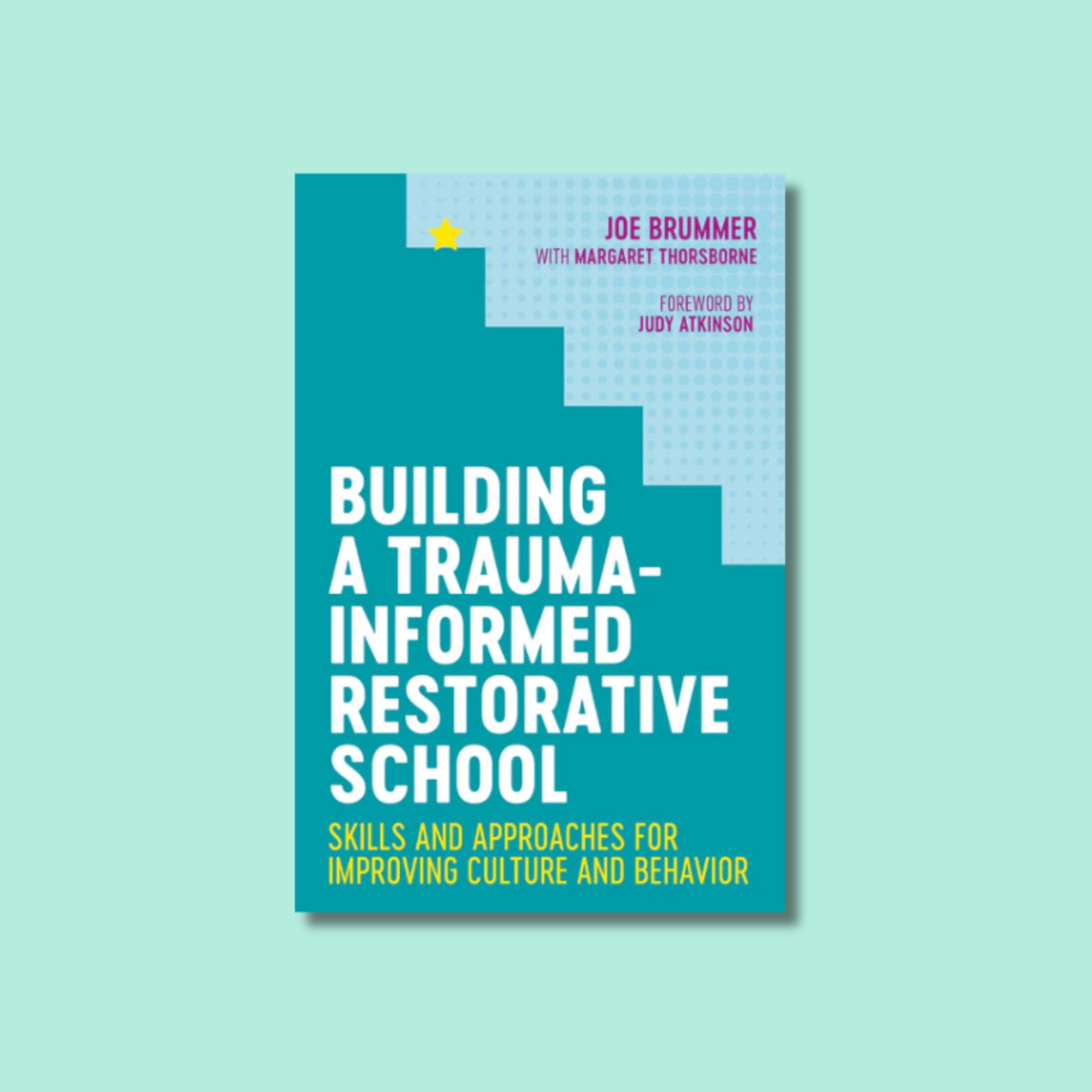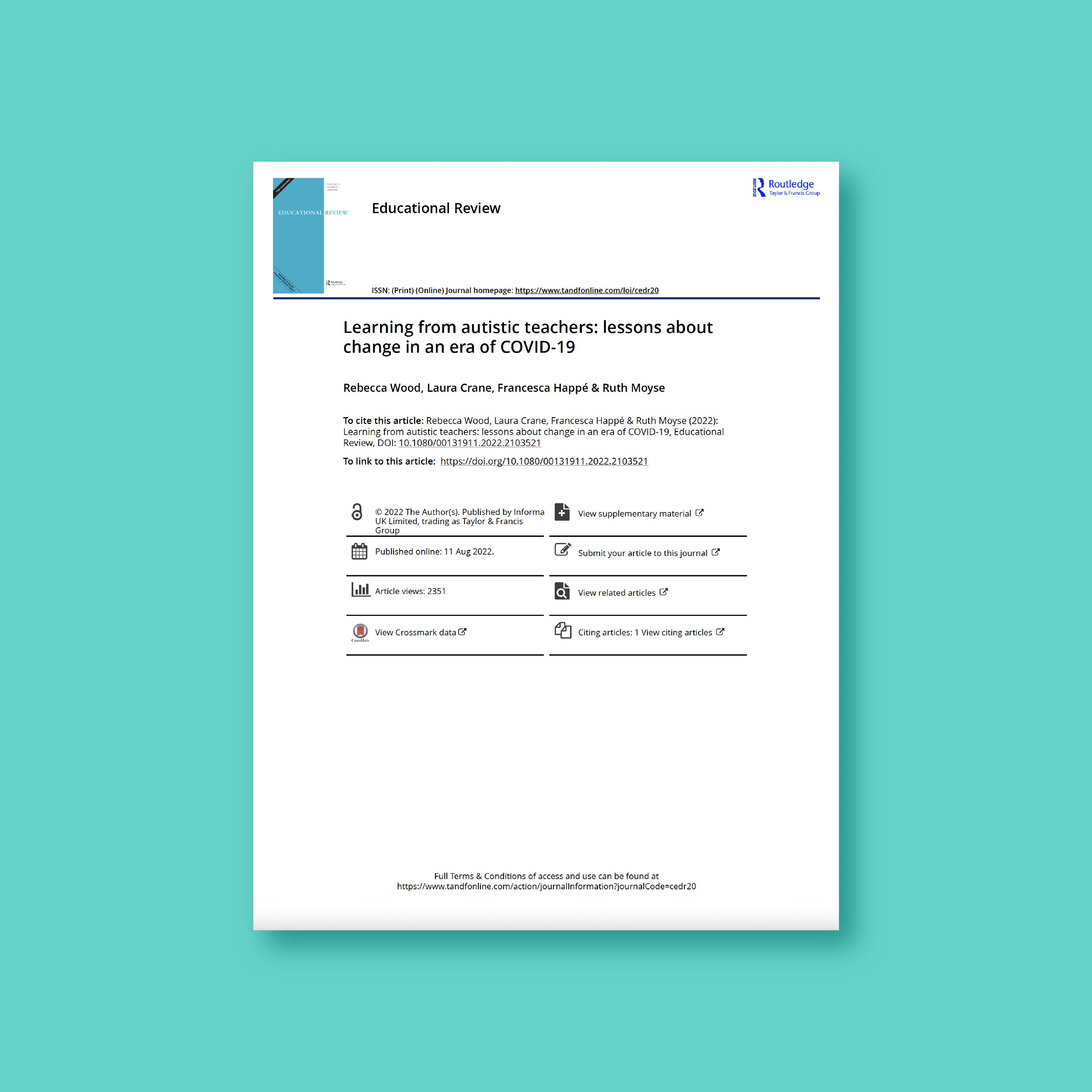The Earlier, the Better? An In-Depth Interview Study on the Ethics of Early Detection with Parents of Children at an Elevated Likelihood for Autism
Vanaken, Noens, Steyaert, van Esch, Warreyn and Hens (2023)
As increasingly Autism is viewed as a neurodivergence rather than a disorder in need of remediation, there has been a call to broaden the ethical debate on early Autism support. The authors conducted 14 interviews with 26 parents of infants with an increased likelihood for Autism. They wanted to understand what these parents saw as risks or benefits for the implementation of a systematic, early Autism detection programme. Data was analysed according to the QUAGOL-methodology. Three core themes were outlined. Firstly, parents discussed how a diagnosis helped to gain a different perspective to support understanding and recognition for child and parent. Secondly, a diagnosis enabled parents to justify deviation from “normal” parenting and change their parenting practices to request adjusted environments outside of the immediate family setting. Thirdly, an Autism diagnosis allowed for ambiguities that parents needed to navigate, when and which labels and languages to use to talk about Autism. The article discusses the positionality of parenting a potentially Autistic child with regards to the Autistic/non-Autistic binary and the ethical debate on early Autism detection.







